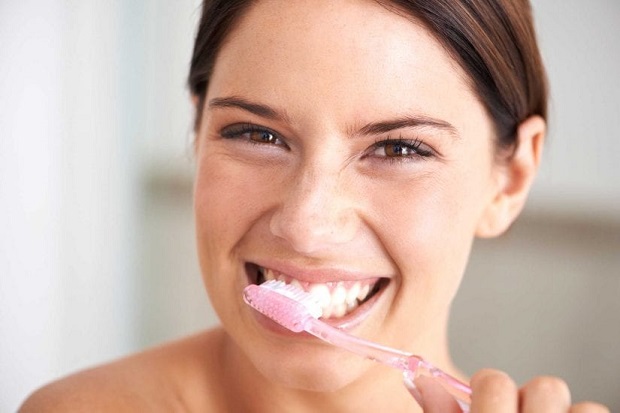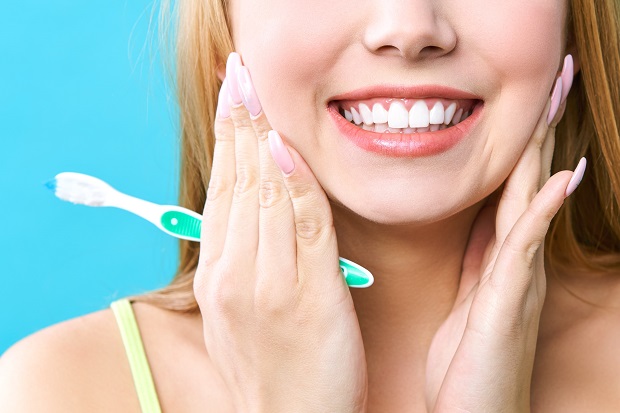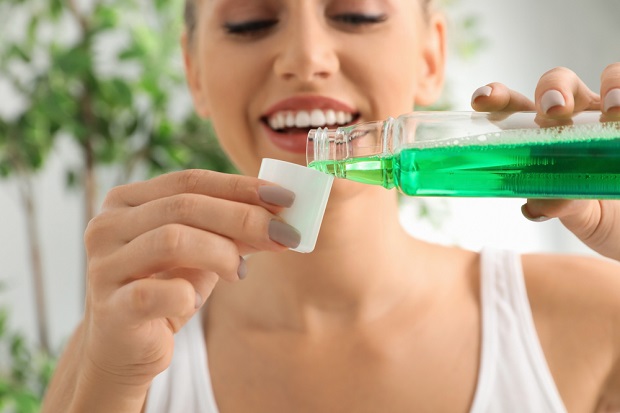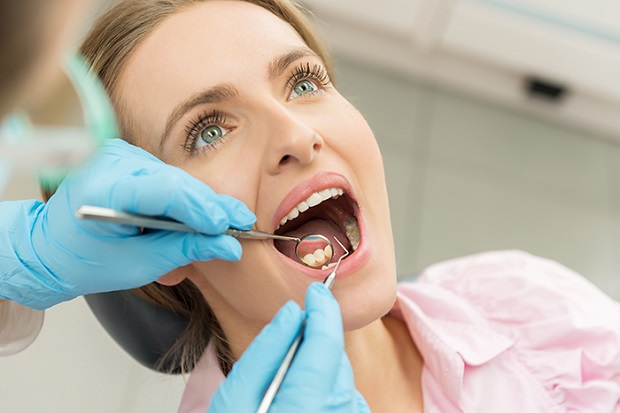Flash Those Pearly Whites: How to Take Care of Your Teeth and Gums
Oral hygiene is essential for maintaining the health of one’s teeth and gums. It entails practices like brushing twice a day and getting regular dental check-ups. Several issues can negatively impact the health of your mouth, but proper care should keep your teeth and gums healthy as you age.
Contents
Ways to Care for Your Teeth:
From sensitive tooth toothpaste to antimicrobial mouthwash and gel, dental products listed online are a simple must-have if you are willing to have optimal dental care.
Brush Teeth

Brushing your teeth on a regular basis is one of the most basic ways to keep them clean, and it is equally important how you brush and hold your toothbrush. While brushing, keep the toothbrush at a 45-degree angle above the gum line so that the bristles come into touch with both the tooth surface and the gum line. Brush your teeth for at least two minutes, and then go on to cleaning your tongue. Brush the surface of the tongue and the roof of the mouth to ensure that germs are not present, and your breath is fresh.
Choose the Right Toothpaste
If you find yourself looking at all the colourful tubes of toothpaste at the store, not sure which one is best for you, here are some pointers to help you choose the best one out there.
One of the primary advantages of using toothpaste is that it helps with strengthening the teeth. How? It is mostly because toothpaste contains fluoride, which is a naturally occurring mineral that aids in the management and prevention of bacterial damage, making your teeth resistant to its detrimental effects. So, people who are at a higher risk of tooth decay will need a higher fluoride content in their toothpaste.
When you use fluoride-containing dental products, the fluoride ends up in your saliva. When your teeth are covered with saliva, the fluoride is absorbed by the enamel. Once there, the fluoride binds with the calcium and phosphate that present naturally in your enamel to form fluorapatite, a strong substance that can resist decay and help prevent cavities.
Keep in mind that you want toothpaste that cleans but isn’t too abrasive. So, the best toothpaste will have a smooth texture. How do you verify that? Check to see if your toothpaste is gritty or sandy. The irreversible harm produced by the wrong toothpaste is something you do not want.
Get Yourself a Quality Toothbrush

In addition to choosing the right toothpaste, you will need a good toothbrush to successfully brush your teeth. Many people have sensitive teeth, while others are prone to plaque build-up along the gumline or on the tongue. Although all brushes have some properties that are generally useful, there are particular toothbrushes available to guarantee that they benefit each individual.
First things first, you will need to choose a toothbrush with a tiny or compact head that can reach difficult-to-reach places like the back of your teeth and the sides of your molars. Also, using a toothbrush with coarse bristles might do some damage to your teeth and gums. This is especially true if you are an aggressive brusher. When this is combined with the hard bristles, the inappropriate type of bristles can cause toothbrush abrasion, enamel loss, and gum inflammation.
Floss
We all know that flossing takes a lot of time, but keep in mind that even after cleaning your teeth, at least 40% of the surface of your teeth remains unattended. Flossing eliminates food particles and plaque from between your teeth. Bacteria will multiply if these particles remain on your teeth during the night. It also enables you to clean deep between the teeth, which a toothbrush or mouthwash cannot. Most individuals may get away with merely flossing at night, but if you are prone to gum disease or tartar build-up, it is suggested that you floss twice a day.
Use a Mouth Rinse

Mouthwash, also known as an oral rinse, is a liquid used to clean your teeth, gums, and mouth. It generally has an antiseptic in it that kills all of those harmful germs that might dwell between your teeth and on your tongue. Rinsing with mouthwash twice a day will help eliminate plaque, freshen your breath, and aid in cavity prevention. Furthermore, it might assist to protect your gums from gingivitis so you should include it in your dental care essentials.
Avoid Smoking
Avoiding tobacco is a smart way to protect your teeth from oral problems such as oral cancer and other periodontal disorders. Smokers are more prone to develop bacterial plaque, which leads to gum disease.
The gums are harmed because smoking creates a shortage of oxygen in the circulation, which prevents diseased gums from healing. Smoking generates greater dental plaque and accelerates the progression of gum disease compared to non-smokers.
The nicotine and tar in tobacco cause tooth discolouration, which is one of the side effects of smoking. It may quickly turn your teeth yellow, and heavy smokers sometimes claim that their teeth are virtually brown after years of smoking.
Avoid Coffee, Tea and Sodas
If you drink a cup or two of coffee every day, you should think about the long damage this everyday practice may have on your teeth. Coffee stains teeth, like most other meals and beverages, including tea, red wine, and sodas. Some people’s teeth discolour more than others, which is typically due to the surface roughness of the enamel, as well as variations in the enzymes in our saliva and the types of bacteria that dwell in the mouth.
Every time you consume a sugary beverage, you feed the decay-causing bacteria in your mouth. Because sugar is practically in everything we consume, don’t add any additional to your daily beverages. If you must sweeten your coffee or tea, consider switching to an artificial sweetener instead, which does not cause decay, and gradually wean off.
Do Regular Dental Check-ups

A regular dental check-up is necessary to maintain your teeth and gums healthy. You should see your dentist at least once every six months, or more frequently if your dentist recommends it. People who have frequent checks are less likely to have a major tooth problem that necessitates extensive treatment.






